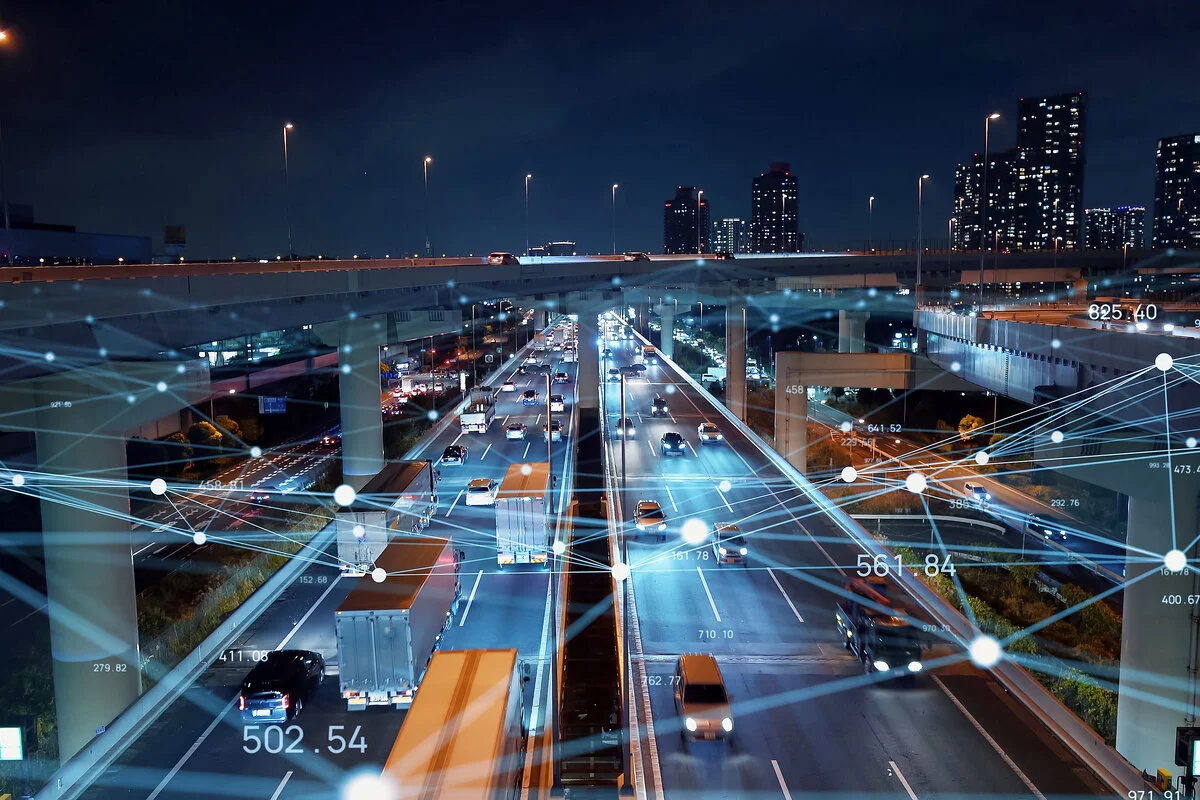By Bryant Smith
Copyright independent

Manhattan Associates is a Business Reporter client
Transportation is evolving fast: discover how agility, AI and modern systems are redefining supply chains and reshaping global competitiveness.
Transportation is the backbone of supply chains, essential to ensuring goods are delivered on time and meet customer expectations. Yet managing it is becoming increasingly complex, pressured by demands of shorter fulfilment times, capacity and cost efficiencies, tighter sustainability regulations, tech advances and the growing requirement for end-to-end visibility across all operations.
Underscoring these challenges, recent global research from Manhattan Associates found that 87 per cent of respondents anticipated that challenges in areas such as operational visibility, AI adoption and sustainability compliance would intensify, leaving their current transportation management system (TMS) struggling to keep pace by 2030.
Agility is no longer a buzzword used in business pitches and email blasts. It’s a doctrine; a creed; a prerequisite for survival. And that means the efficacy of a TMS is now a business-critical question.
Microservices are a game-changer for supply chain agility, co-ordinating and optimising movements, allowing for quick reactions and evolutions. Individual components can be updated, upgraded or replaced without affecting the entire health of the system.
This allows for faster adaptation to changing market conditions, customer demands and technological advancements. If you need a new feature, simply deploy it seamlessly without having to repair the whole system.
Development cycles are shorter, and deployments are faster because teams can work on individual components simultaneously. The result? Continual 90-day innovation cycles, allowing for the best responses to emerging real-world threats and customer needs.
Componentised microservices allow companies to select and implement only the components they need, avoiding the bloat and cost of traditional TMS and allowing for more tailored and cost-effective solutions that deliver greater value. The architecture also enables automatic scaling of functionalities as needed, ensuring the solution can handle growing data volumes and evolving business requirements too – critical when you consider the rise of AI.
It’s no secret: the quicker the implementation the faster you can start delivering ROI. From cost savings associated with optimised routing and the improved efficiency of automation, to the enhanced visibility of data for better decision-making and the lower costs of training and configuration, a componentised approach enables companies to achieve a greater and (critically) faster return on investment.
By 2030, 61 per cent of organisations anticipate fully autonomous agentic AI, capable of acting independently to achieve specific transportation management goals. However, only 37 per cent have deeply integrated AI and machine learning in their TMS today.
By operating on a platform-based, microservices architecture, organisations can add or modify specific modules and technologies to fit exact requirements. Need specialised logic for carrier selection? Build it. Want to add agentic AI capabilities? Just connect it, without lengthy development cycles or costly overhauls.
While you might consider five years in the AI space like an eon, the gap between future expectations and current usage is noteworthy, given adoption is rarely straightforward.
Although almost half of the respondents (48 per cent) said that they already felt very prepared for autonomous agents by 2030, practically every organisation (99 per cent) reported facing or expecting to face hurdles, with concerns including skill shortages (49 per cent), integration difficulties (44 per cent) and data quality and availability issues (44 per cent).
Navigating the complexities of today’s rapidly evolving commerce landscape is becoming more challenging, and modern transportation management demands organisations balance a range of competing priorities.
Whether it’s the challenges of evolving sustainability mandates, expectations in AI or the need for more visible, actionable data insights, these demands are only set to intensify, increasing the pressure on organisations to run transportation operations in smarter, more intuitive ways.
With autonomous agents set to revolutionise transportation management in the near future and a continually shifting landscape of competing priorities, delivering the transportation management experience of tomorrow starts right here, today.
Discover more in our global research report, The Road Ahead: Unlocking the Future of Transportation Management, where 1,450 supply chain leaders reveal their priorities and the trends shaping transportation through 2030.



